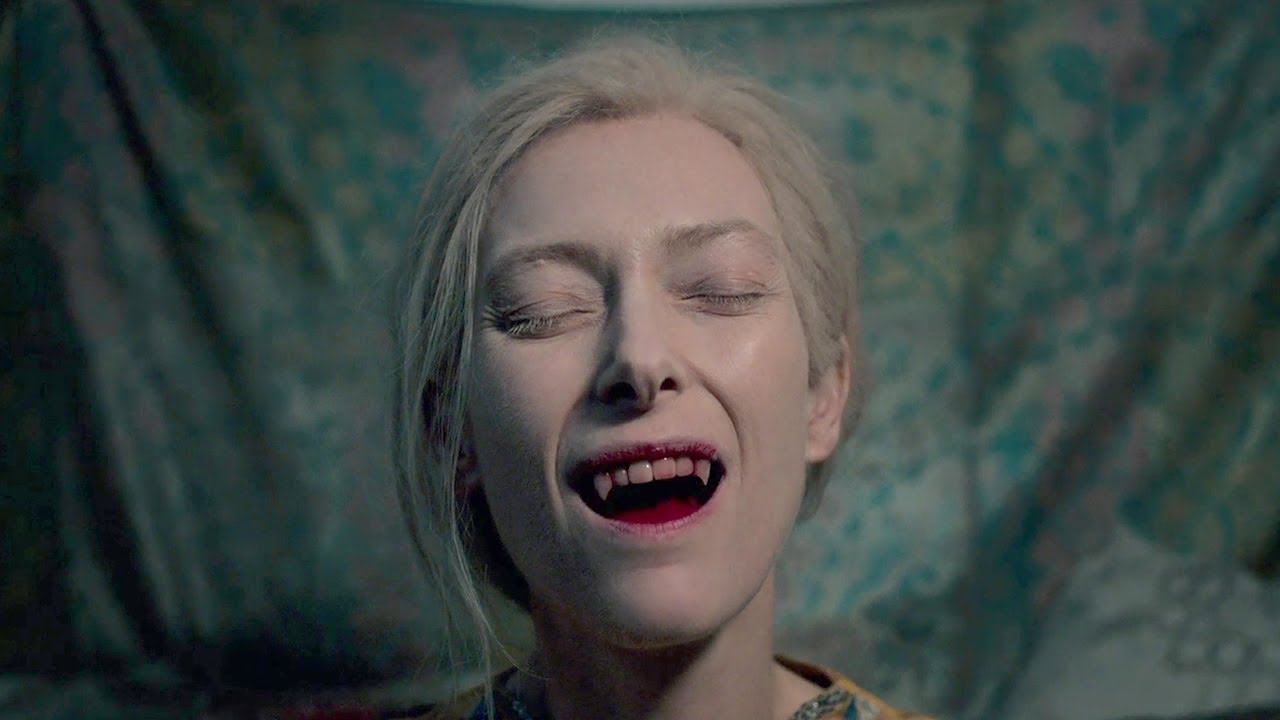
When we think of the pinnacle of acting these days, we think of names like Blanchett, Streep, and Lawrence, or Hanks, Denzel, Leo, and Day-Lewis. But no actor is immune from picking a bad project.
But in the case of a few, there’s an ability to dodge most of them and bounce back from the rare few.
That’s what this list is all about: actors with not only talent, but one’s who with right choices and a touch of luck have stayed away from messy work.
Keep in mind we’re talking total duds, not films that are somewhat sub-par or polarizing. Many films will create tug and pull from audiences, but the simple fact its merits are up for debate exclude it from being a black mark on a career.
1. Cate Blanchett
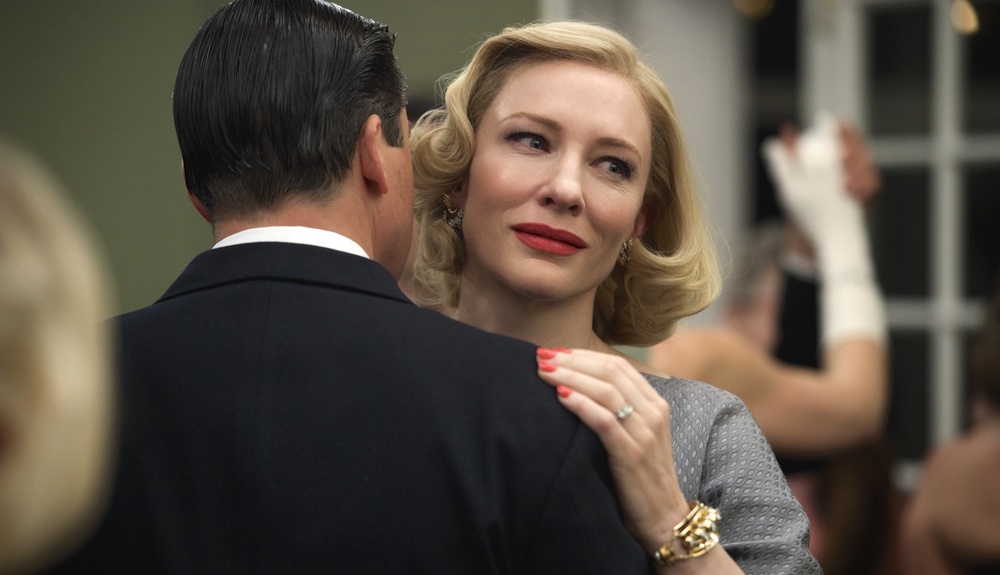
We start with a two-time Oscar winner who has proven to be valuable in everything from tentpole franchises to intimate indies.
Blanchett had a clear 2016 with her superhero film debut on its way, but she also had quite the load to bear in the years prior. Seven films between 2014 and 2015 brought a few middle-of-the-road flicks, a continuation of animated success with How to Train Your Dragon 2, and an Oscar-worthy performance in Carol.
But between The Hobbit: Battle of the Five Armies (somehow still scores high on IMDb), The Monuments Men, and Knight of Cups, it was probably her worst stretch ever. Bad performances are nearly non-existent with Blanchett, but she also had a stretch between 2007 and 2013 where her movies were nearly all passable.
Such films as Blue Jasmine (Oscar), I’m Not There, and The Curious Case of Benjamin Button are all memorable films from this period. Out of the 10 films between those years, perhaps only two can be considered complete failures. They just happened to be much-anticipated, big-budget fare.
Don’t let any Rotten Tomatoes scores (77%) fool you, because those Indiana Jones and the Kingdom of the Crystal Skull grades are nearly as true as surviving a nuclear bomb inside a fridge. But despite having Crystal Skull and Robin Hood smack-dab in the middle of her career, Blanchett came out just fine.
She’d already earned praise for Elizabeth, The Talented Mr. Ripley, Babel, the Lord of the Rings trilogy, and The Aviator. The last of that bunch might’ve been the best supporting performance by any actress all decade.
Between possibly her worst movie, The Man Who Cried, and a few others, Blanchett hasn’t come out completely unscathed. But it’s easy to say she’s only been in seven or eight projects that are widely considered unsatisfactory.
In that case, she has more Golden Globe nominations (nine) than she has bad movies.
2. Ralph Fiennes
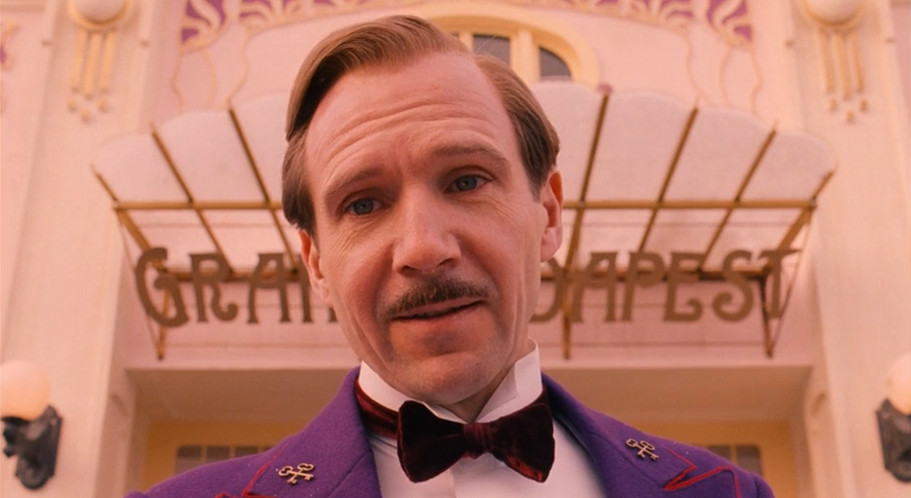
Over the past seven years, this man has only been in two movies that everyone agreed were pure schlock. And those were in the same franchise.
Sure, Spectre was let off the hook by most critics, but Wrath of the Titans and Clash of the Titans were the clear losers. Still, those films are merely a blotch on Fiennes’s filmography.
Recently, with such films as Hail, Caeser!, A Bigger Splash, and Kubo and the Two Strings, he’s been a key piece to overall splendid films. But he also carried The Grand Budapest Hotel, another recent critical hit.
He’s found himself in such major blockbusters as Skyfall and many of the Harry Potter films, the latter movies becoming far better once he entered the picture. He randomly inserted himself in the Oscar-winning The Hurt Locker, but he earned such a right years before.
Schindler’s List and Quiz Show are perhaps his two best films, and came early on in his career. The English Patient may be vastly overrated, but it certainly was another big resume-builder. On the flip-side, The Avengers (no, not those Avengers) is likely the only career road bump Fiennes faced in the 90’s.
It’s still painful to see him in Maid in Manhattan, but many noble actors fell into the same trap that was J-Lo movies around that time. But he came right back with The Good Thief, re-establishing (if he really even needed to) his credentials.
Fiennes has never been in more than two subpar films in a row, and has delivered time and again in both blockbusters and Oscar-worthy dramas.
3. Jessica Chastain
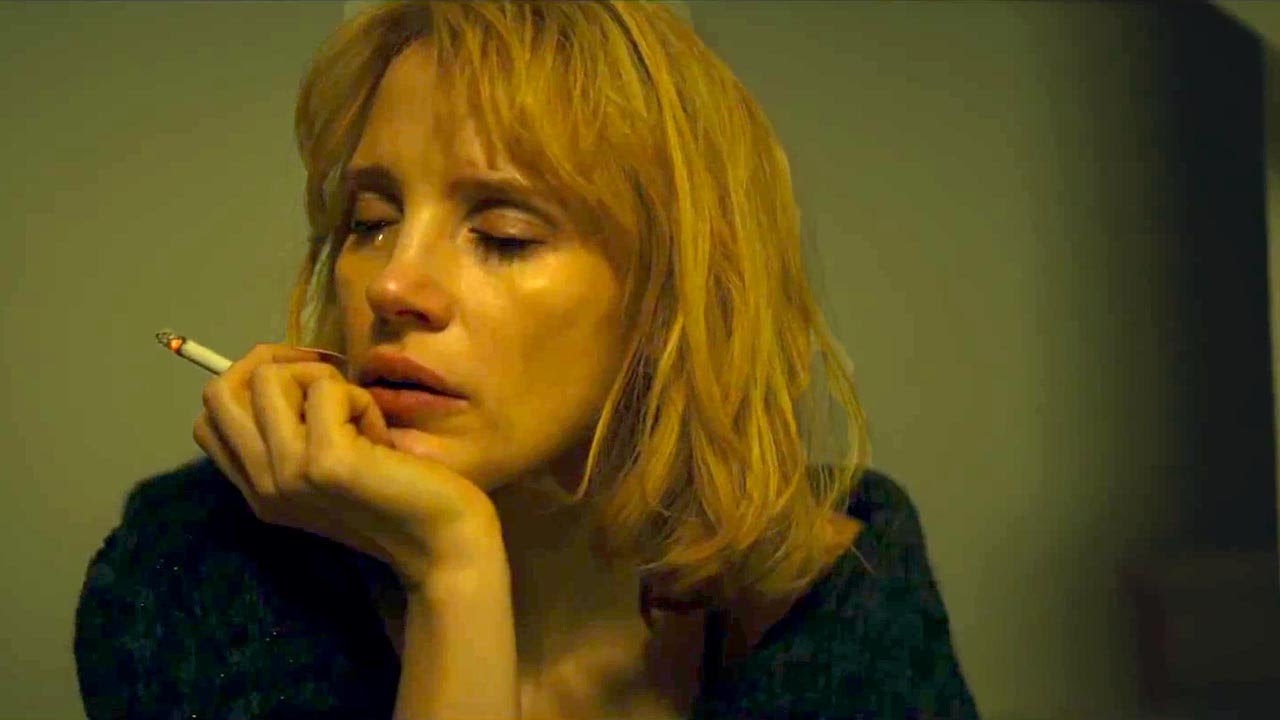
Her movie career started out with a few spread-out performances. They garnered moderate attention in films with little positive to report. But Chastain quickly gained steam after 2011’s The Tree of Life, and hasn’t looked back since.
The Terrence Malick film released just before The Help, and that snowballed into The Debt, Take Shelter, and Coriolanus. All of them were critically praised, each one released in 2011. Her Best Supporting Actress nomination for The Help was a launch point that led her to bigger projects such as Lawless and Zero Dark Thirty.
After yet another Oscar nomination in Thirty’s depiction of the hunt to find Osama Bin Laden, she had already gone from Prohibition period piece (Lawless), to animated film (Madagascar 3) to war thriller, and wasn’t done building a vast assortment of characters.
She did horror with Mama, had an emotionally authoritative performance in the sci-fi Interstellar, and gave perhaps her greatest non-nominated performance in A Most Violent Year.
It’s hard to pluck out many poor performances along the way, as movies like The Tree of Life and Interstellar are more of the polarizing type. The Color of Time and Texas Killing Fields seemed to be the only resounding catastrophes at that point, and next to no one saw them.
The lone failure that was displayed for all eyes to see was The Huntsman: Winter’s War. It sticks out like the sorest of thumbs given the rest of her filmography, a role she likely took to try and spread her talents even further as an action heroine.
But Chastain’s stock rose again with perhaps her best performance to-date with Miss Sloane. In the case of this political thriller, she single-handedly carried it. Add that to the fact she can fit into any genre, and she has plenty more prospective projects in front of her.
4. Tom Hardy

Hardy has performed some of the most charismatic, and likewise quirky, acting in recent years. He has a knack for picking intriguing projects, but sometimes he’s really the only reason a movie works.
In the case of Locke or Bronson, the movies successes or lack thereof would fall primarily on his shoulders. But he delivered in both, the former a film set entirely inside a car with him as the only physical presence.
Even with Leonardo DiCaprio winning Best Actor for The Revenant, Hardy was easily the most authentic figure in the film. The movie was nominated alongside another Hardy film, Mad Max: Fury Road, for Best Picture at the Oscars.
So was Inception back in 2011, where Hardy played suave to near-perfection. The Christopher Nolan sci-fi and Bronson put Hardy on the map, which led him to a MMA drama (Warrior), a British espionage thriller (Tinker, Tailor, Soldier, Spy), and a turn as a supervillain (The Dark Knight Rises).
Despite some glaring flaws in movies like The Dark Knight Rises, Lawless, and The Drop, all of them make up for it in other areas. And Hardy usually ends up being part of the reason. Even in his lesser-known movies like Legend and London Road, Hardy still sways many of the critics to positive reviews.
The only surefire hiccups for him over the past decade would be his rom-com venture with This Means War and a Child 44 movie missing any real excitement apart from what he gives to it. Long before Bronson, there was his infamous villain in Star Trek: Nemesis, which oddly enough may’ve been the best part of the movie.
There’s not much else to report when it comes to Hardy and bad films. They’re heavily outweighed by the Oscar-nominated works and the several others he brought to a higher level.
5. Carey Mulligan
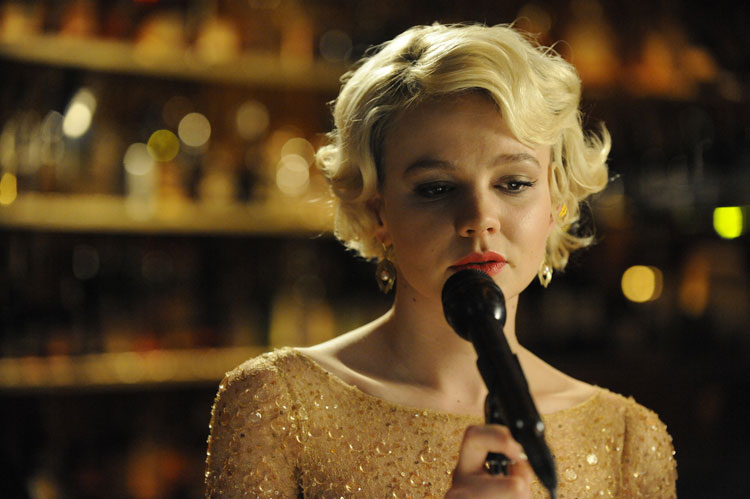
Another young actress still making her way up the ladder, Mulligan may seem like a surprising choice for this list. But in fact, she’s racked in 14 feature-length roles by 31, an impressive mark for any young actress.
Though she does mostly dramatic period pieces, Mulligan has managed to continue finding work in well-received pictures.
2005’s Pride and Prejudice was the first time she appeared on-screen. Though she stayed busy with television, her film career picked right up where it left off just two years later. When Did You Last See Your Father? was applauded for its acting talent, while An Education was praised primarily because of Mulligan’s performance.
It was that movie that lifted her into the next phase of her career, along with the bigger platform she received in Public Enemies. Drive and The Great Gatsby would give her the two biggest parts of her career, one a major critical hit and the other a miss for many that had little to do with her performance.
It’s thought that Gatsby may be the worst film she’s been attached to, a film that was released between solid outings in Shame and Inside Llewelyn Davis. But if that truly is the worst of the bunch, it certainly is an extravagant low-point.